
The Heritage Foundation’s senior fellow shared his expertise and insight into how the race is shaping up between incumbent President Joe Biden and former President Donald Trump.
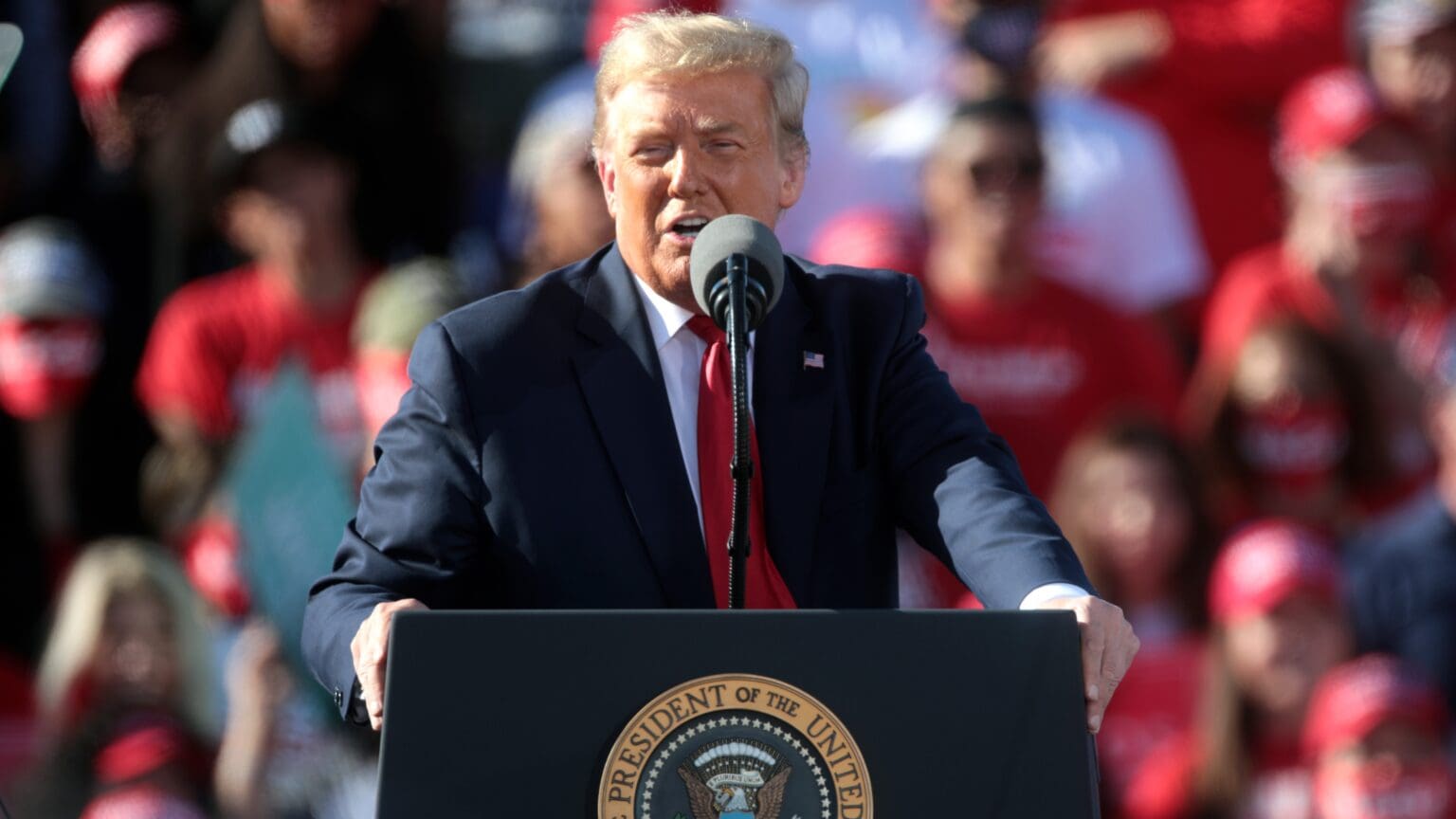
President Trump has won six out of six primary contests so far, the latest one in the key swing state of Michigan. The turnout level on the two sides, along with current polling, suggests that he is in a good position to take back the White House in the autumn.

One of the EU’s appeals is its ability to integrate economic regions in its immediate neighbourhood, where it can reap mutual benefits. This is also true for the candidate countries of the Western Balkans, whose future membership has geopolitical and security policy benefits in addition to economic advantages.

The Hungarian Child Protection Act faces continuous criticism from both the domestic and the European left. Meanwhile, the left has been hard at work normalizing the sexualization of children and relativizing paedophilia.
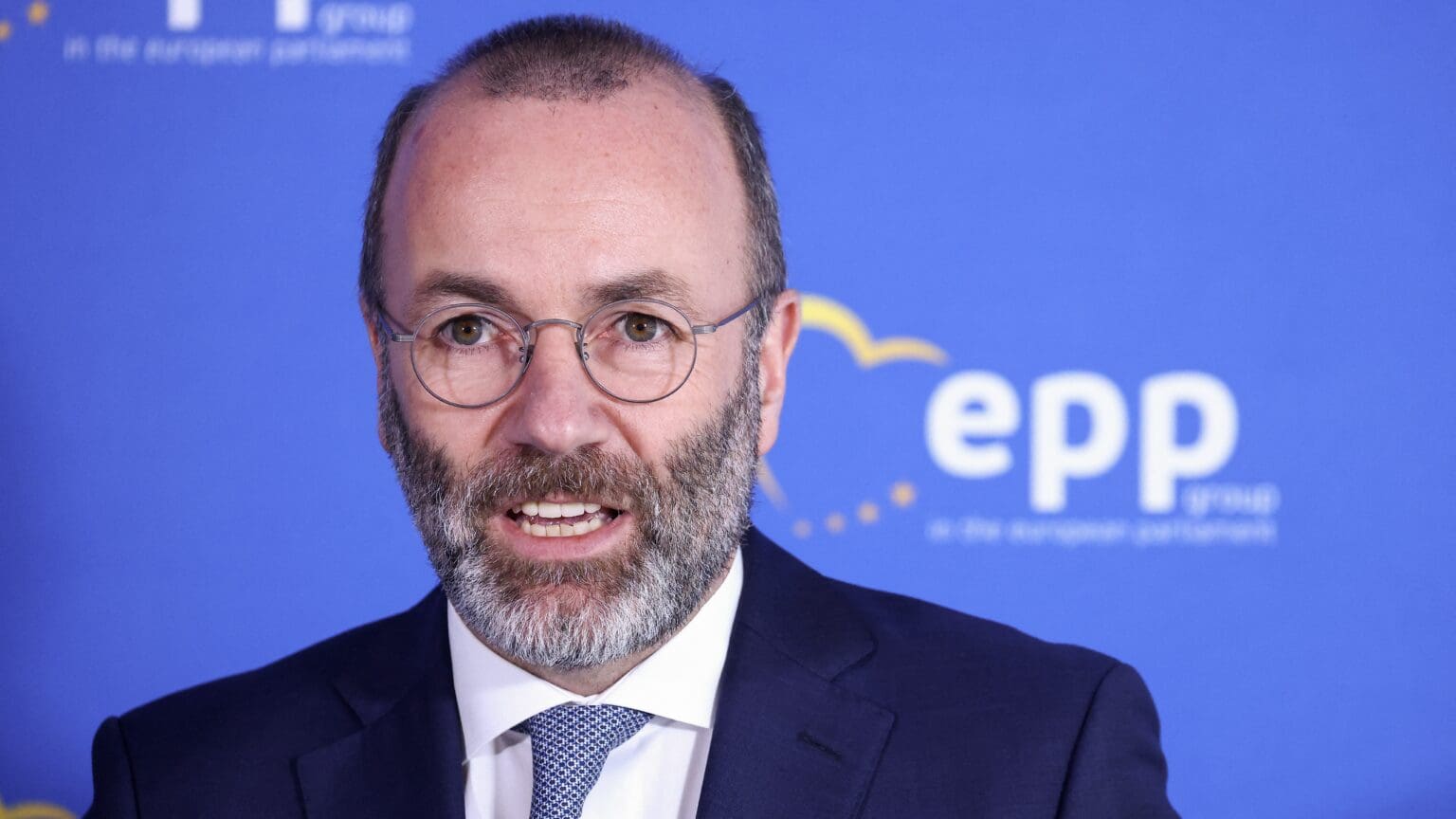
As the European Parliament elections approach, Manfred Weber, President of the European People’s Party, has entered campaign mode, with a focus on demonizing Viktor Orbán and the European right. Meanwhile, speculation continues regarding which political group Fidesz will align with in the next EP.
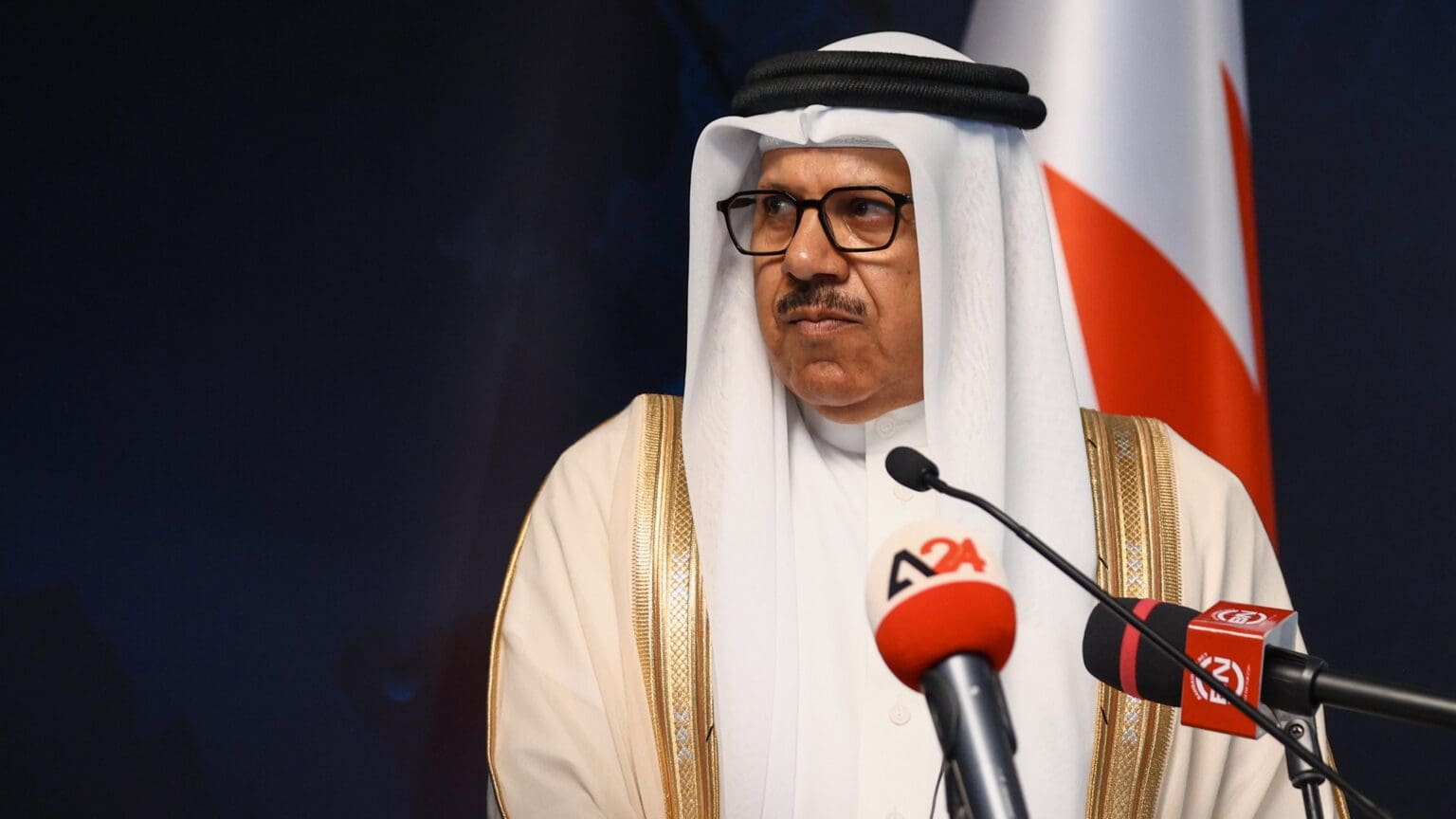
Much of the world agrees that the Palestinians should have, and deserve, a state of their own. It’s a political ideal whose time should have come long ago. But the experience of Palestinian self-government, even in a limited sense, is not promising.

With the signature of President Volodymyr Zelenskyy, Ukraine has legalized the use of cannabis-based medicines and preparations. The decision could have serious consequences for Hungary and the European Union due to the chaos caused by the war in Ukraine.
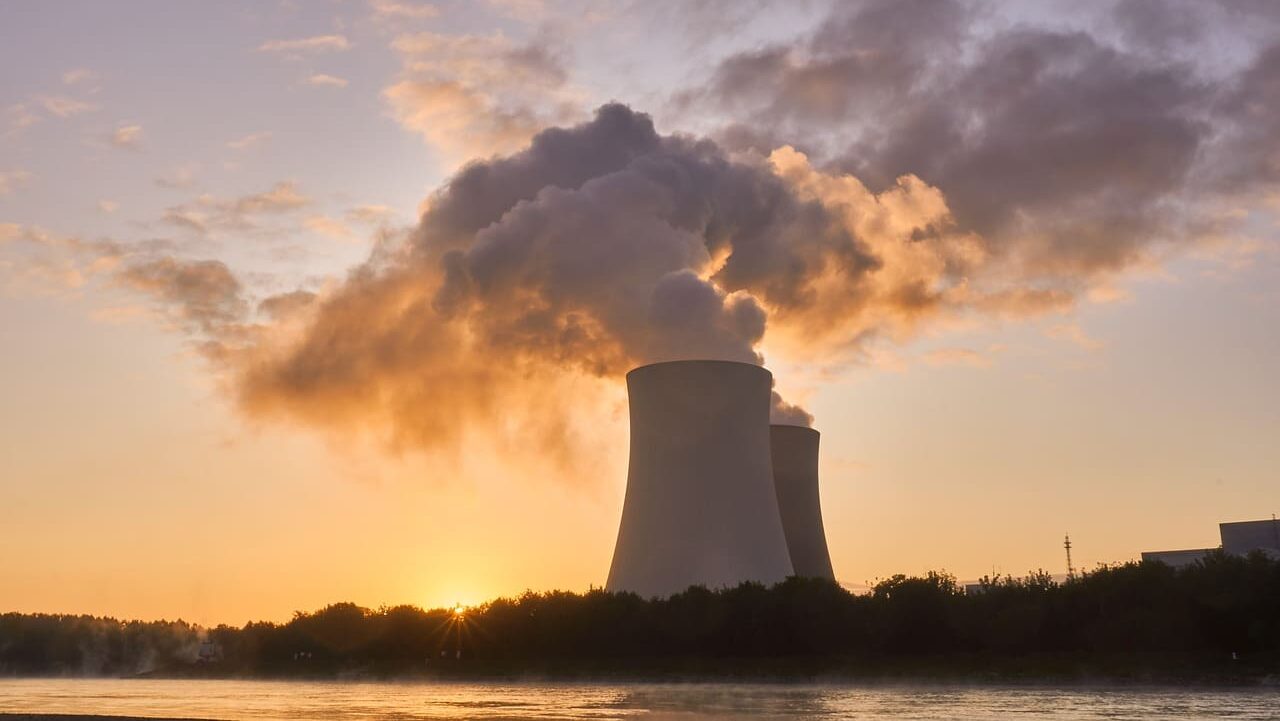
According to a recent POLITICO article, EU member states should impose sanctions on Russian nuclear energy, but Hungary’s opposition makes this impossible. Meanwhile, several states in the EU are cooperating with Russian nuclear energy companies, hiding behind Hungary’s veto, and acting behind the scenes to protect their interests.
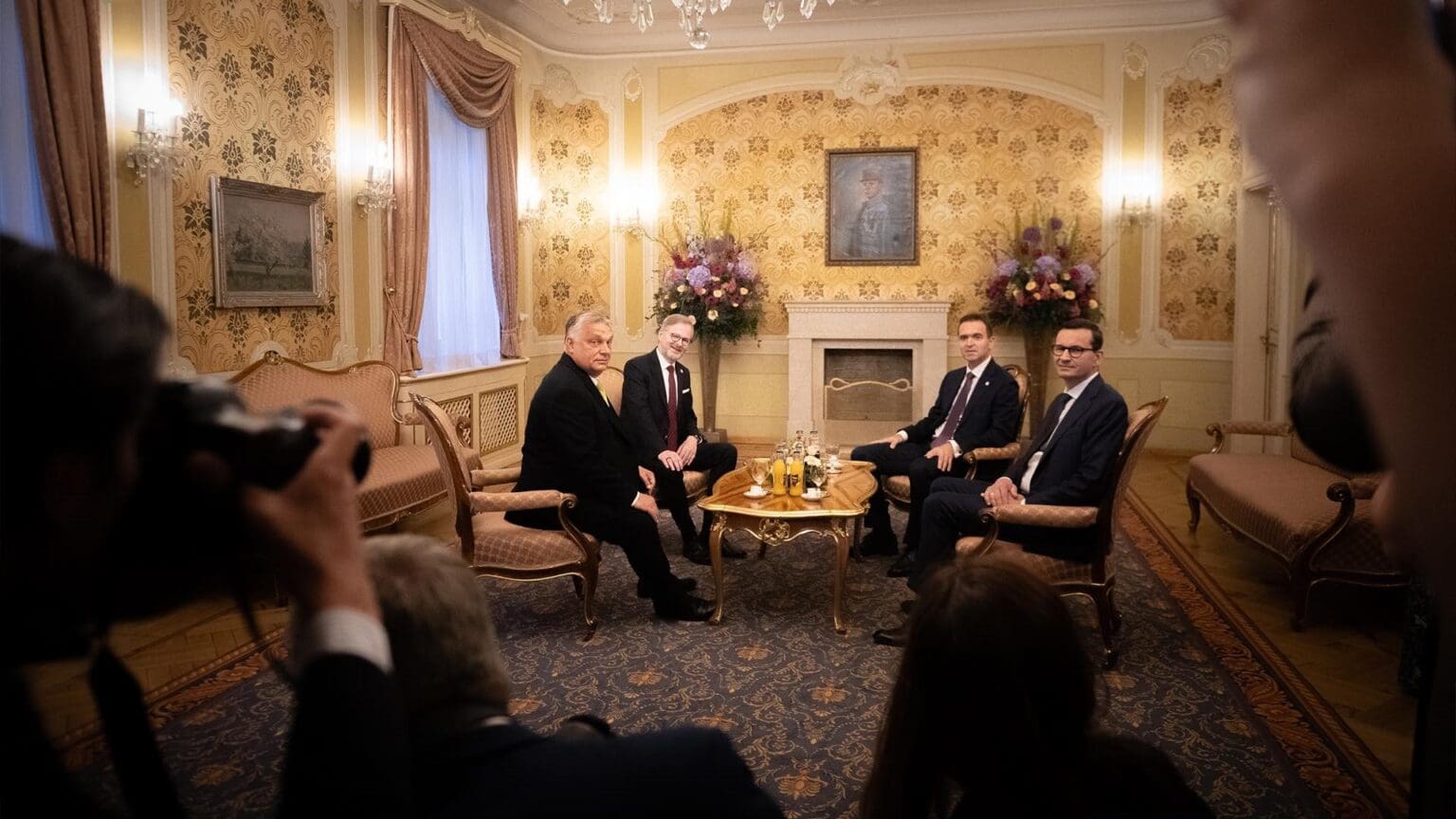
The first V4 summit of the year is scheduled for 27 February, with a focus on illegal migration, energy security, and the EU’s strategic objectives. After the estrangement caused by the war in Ukraine, cooperation seems to be back on track, but its future will largely depend on the willingness and ability of Hungarian Prime Minister Viktor Orbán and Polish Prime Minister Donald Tusk to collaborate.
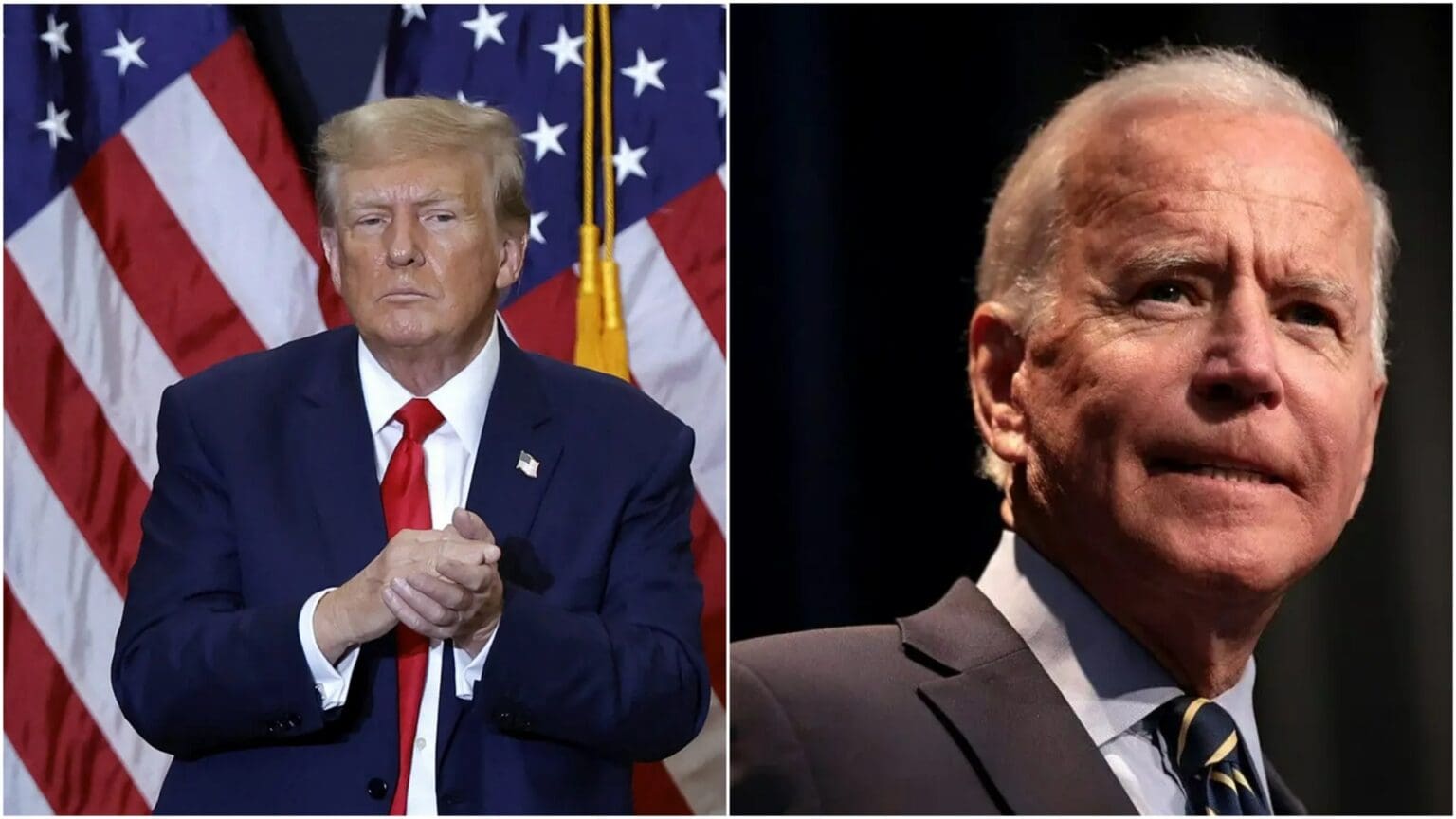
Members of the American Political Science Association came up with a peculiar ranking, trivializing catastrophic events in American history that led to the suffering of many in the process, such as the American Civil War, white supremacist terror in the South, and the Great Depression.
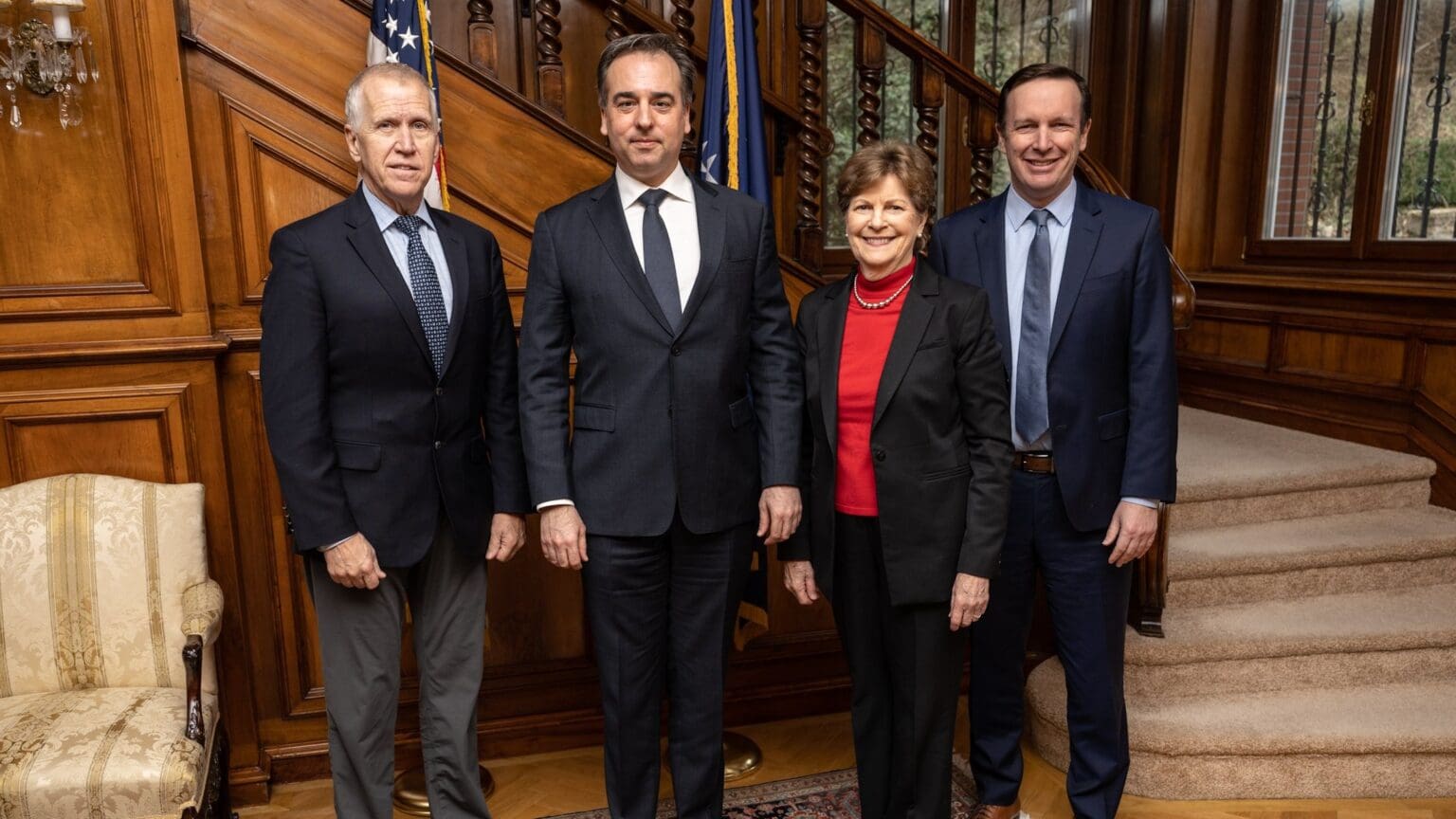
A bipartisan US Senate delegation visited Budapest over the weekend to exert pressure on the Hungarian parliament to advance the ratification of Sweden’s NATO membership. The senators also held consultations with opposition politicians and NGO representatives, and are planning to propose a resolution condemning Hungary.
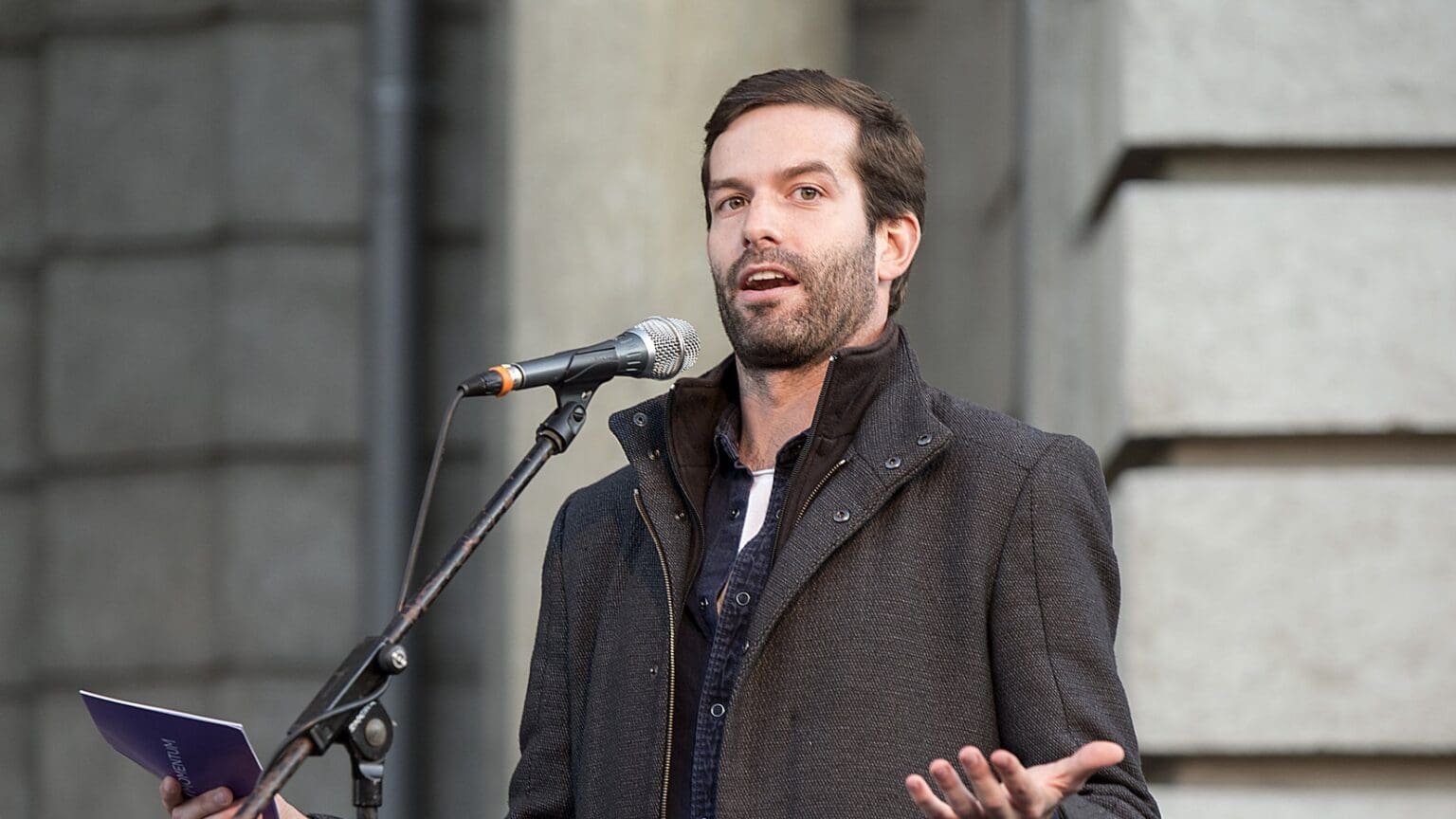
MP Fekete-Győr was convicted of assault on a public official, for throwing a smoke grenade at police officers at a 2018 protest. István Hollik of the ruling Fidesz party has called on him to resign, which he is refusing to do.
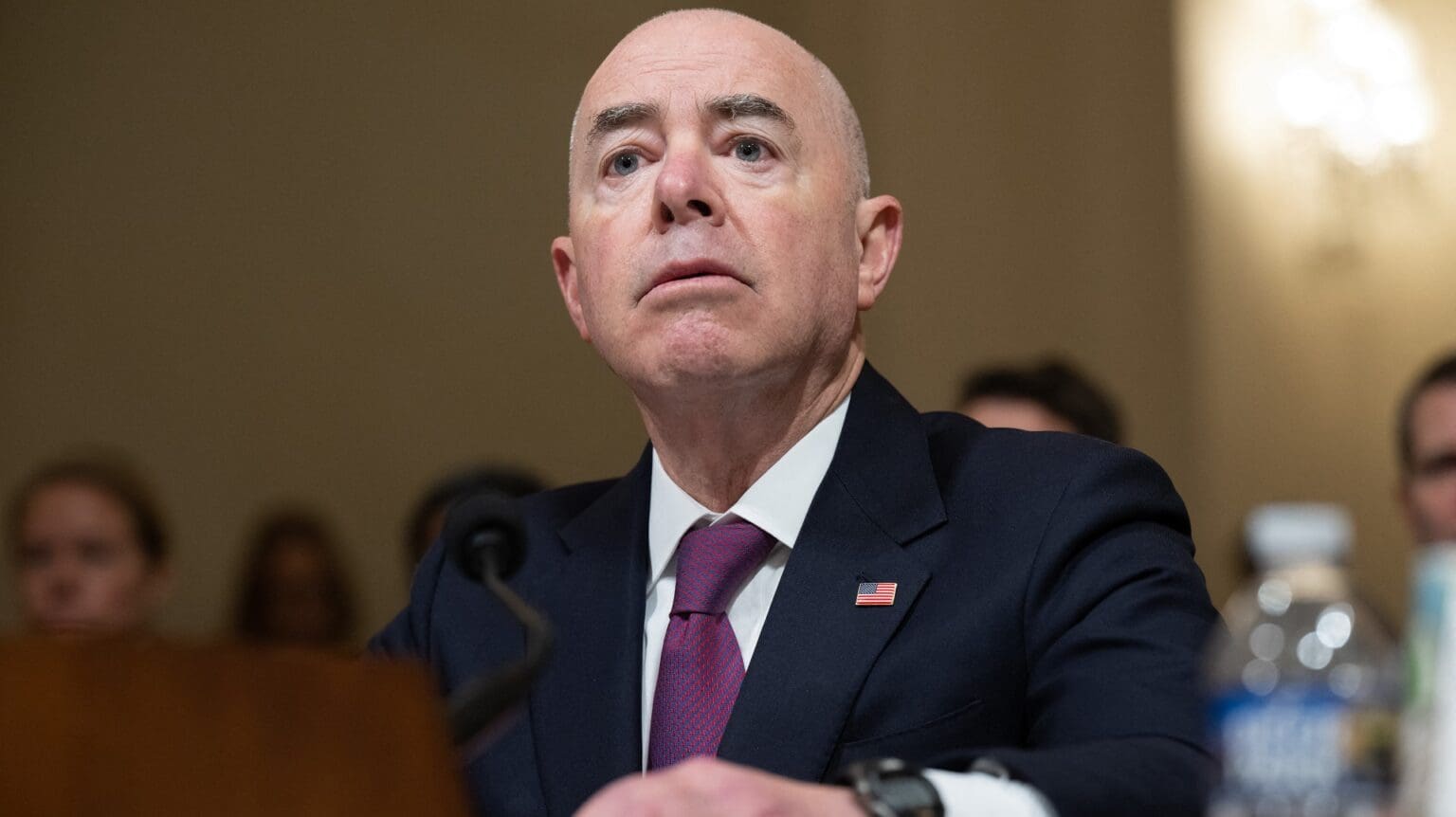
Secretary Mayorkas was impeached for neglecting his responsibility to protect the borders of the United States. He is only the second US Department Secretary to be indicted by the lower chamber of Congress in American history and the first since 1876.

The figures clearly show that over the past decade the economic and employment boom in Hungary has been accompanied by a marked improvement in the demographic situation.
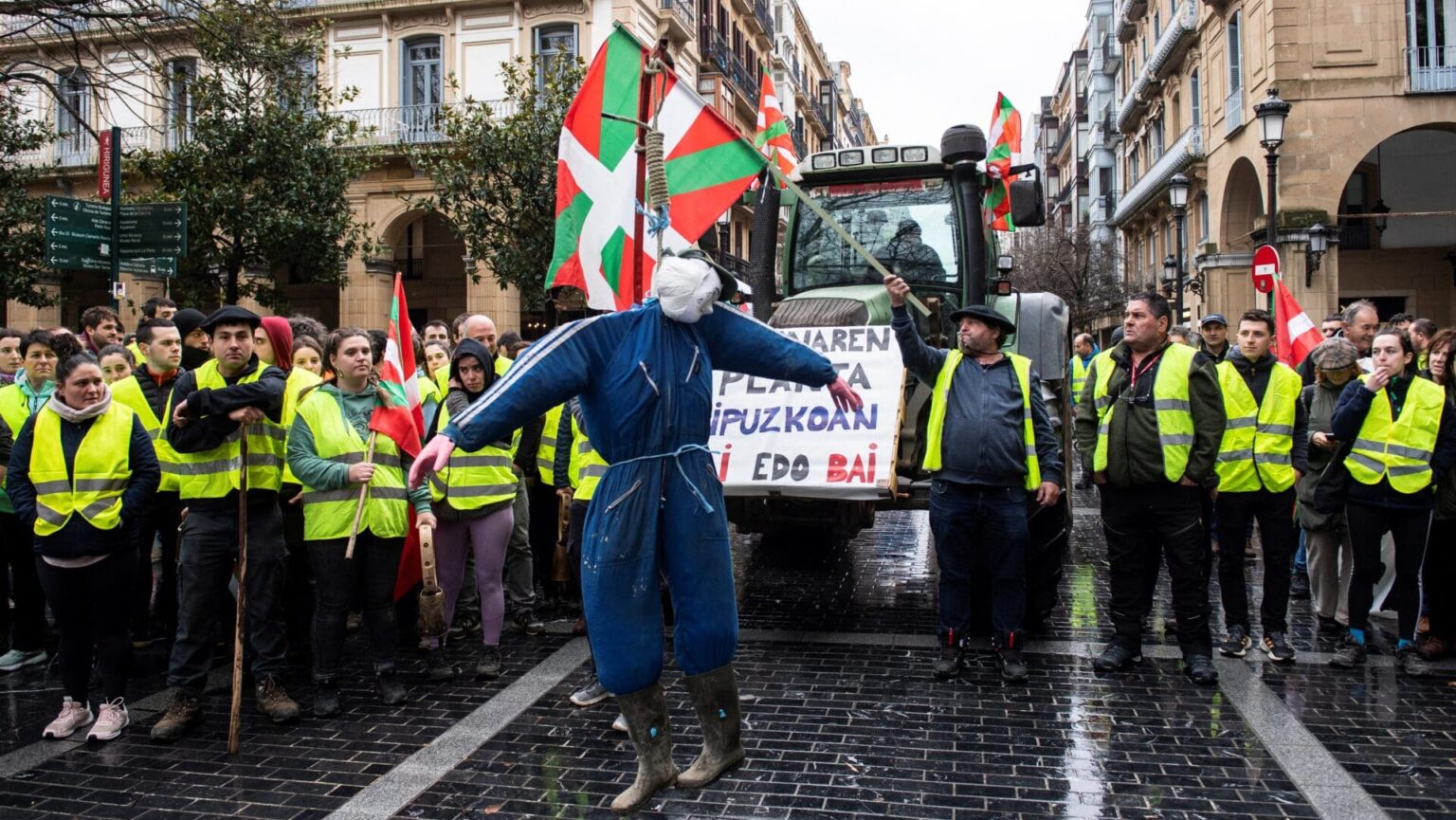
Despite concessions from the European Commission, farmer protests across Europe show no signs of abating. On 22 February, farmers from the Visegrád Group countries will hold a joint demonstration to protest against EU agricultural policies.

Hungary and Czechia have been the only members of the EU that have consistently declared support for the Israeli government, both before and since the 7 October massacres. Last December, they were among the ten nations that voted against a resolution at the UN General Assembly calling for a ceasefire in Gaza.

According to a recent survey, Europeans express greater apprehension towards migration and radical Islamist terrorism than towards the threat posed by Russia. The findings of the poll suggest a significant disconnect between the issues European elites focus on and the genuine concerns of the general populace.
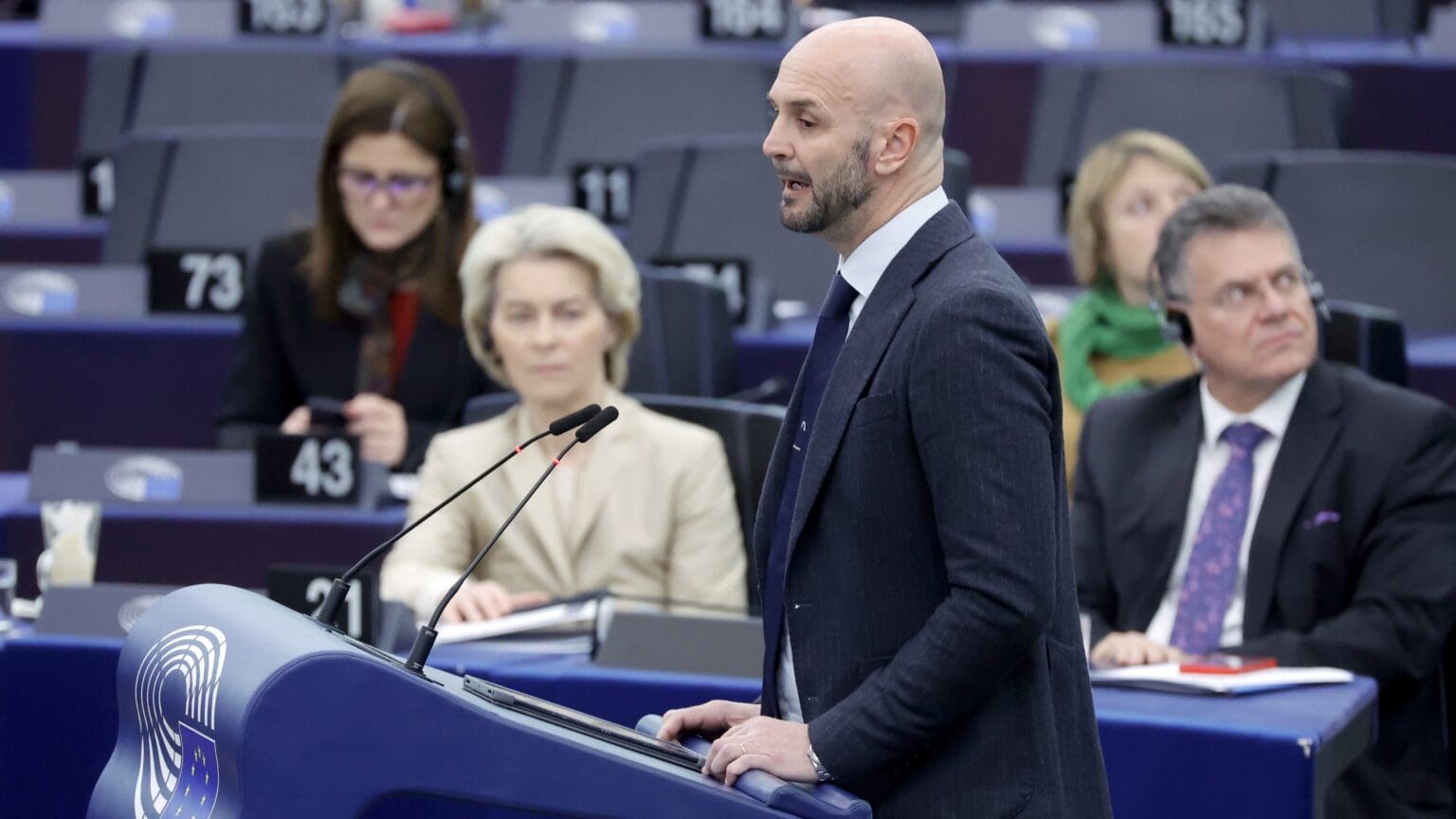
According to Italian press reports, on the margins of the latest EU summit Viktor Orbán indicated that Fidesz is ready to join the ECR after the elections. The move would significantly swell the ranks of the ECR, considering that Fidesz is projected to win 14 seats (of Hungary’s 21), sending quite a sizable delegation to the European Parliament.
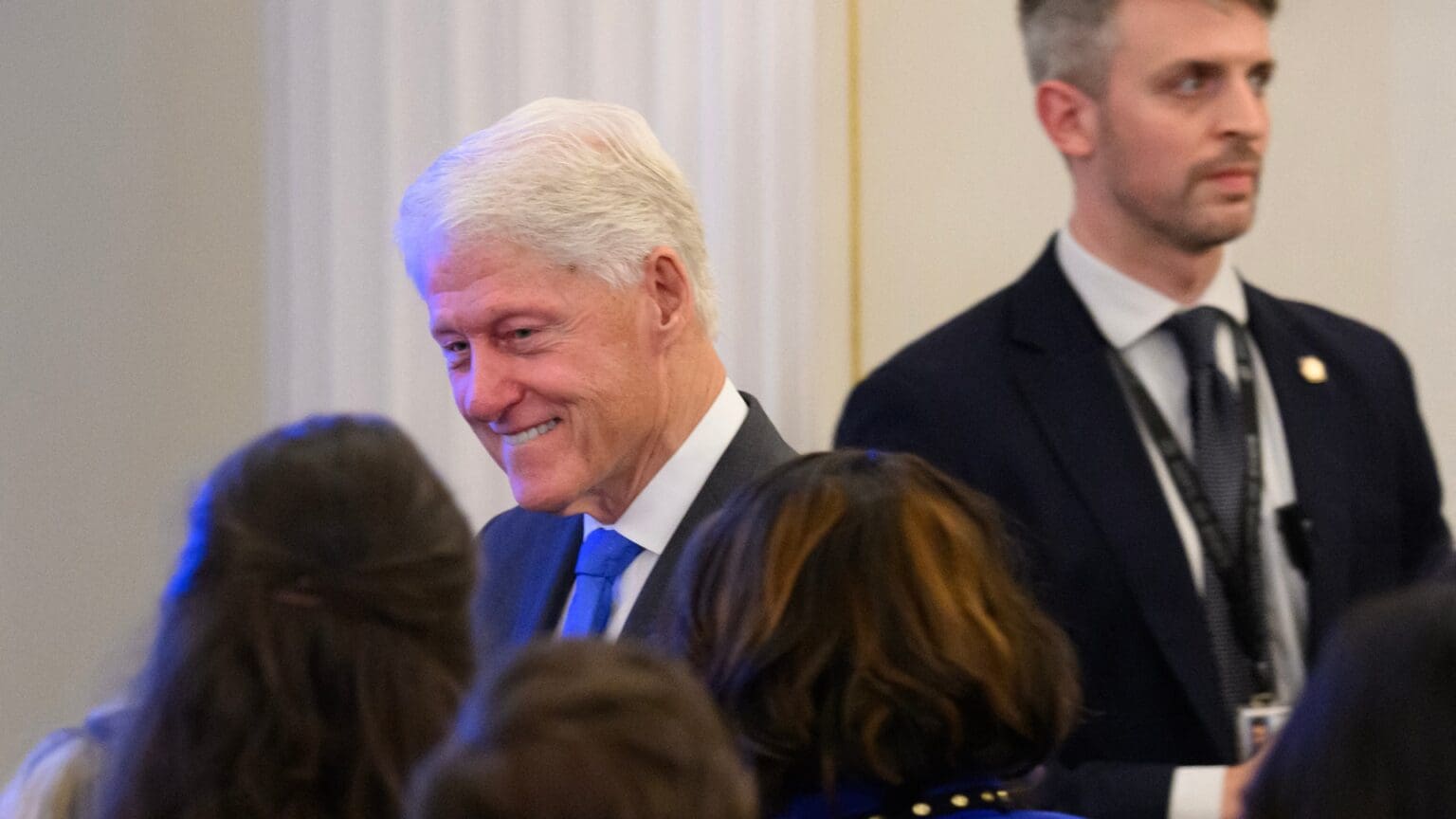
US politics has also seen its fair share of scandals involving crimes against children in recent years. In a well functioning democracy, any such case will likely doom a politician’s career. Or will it?
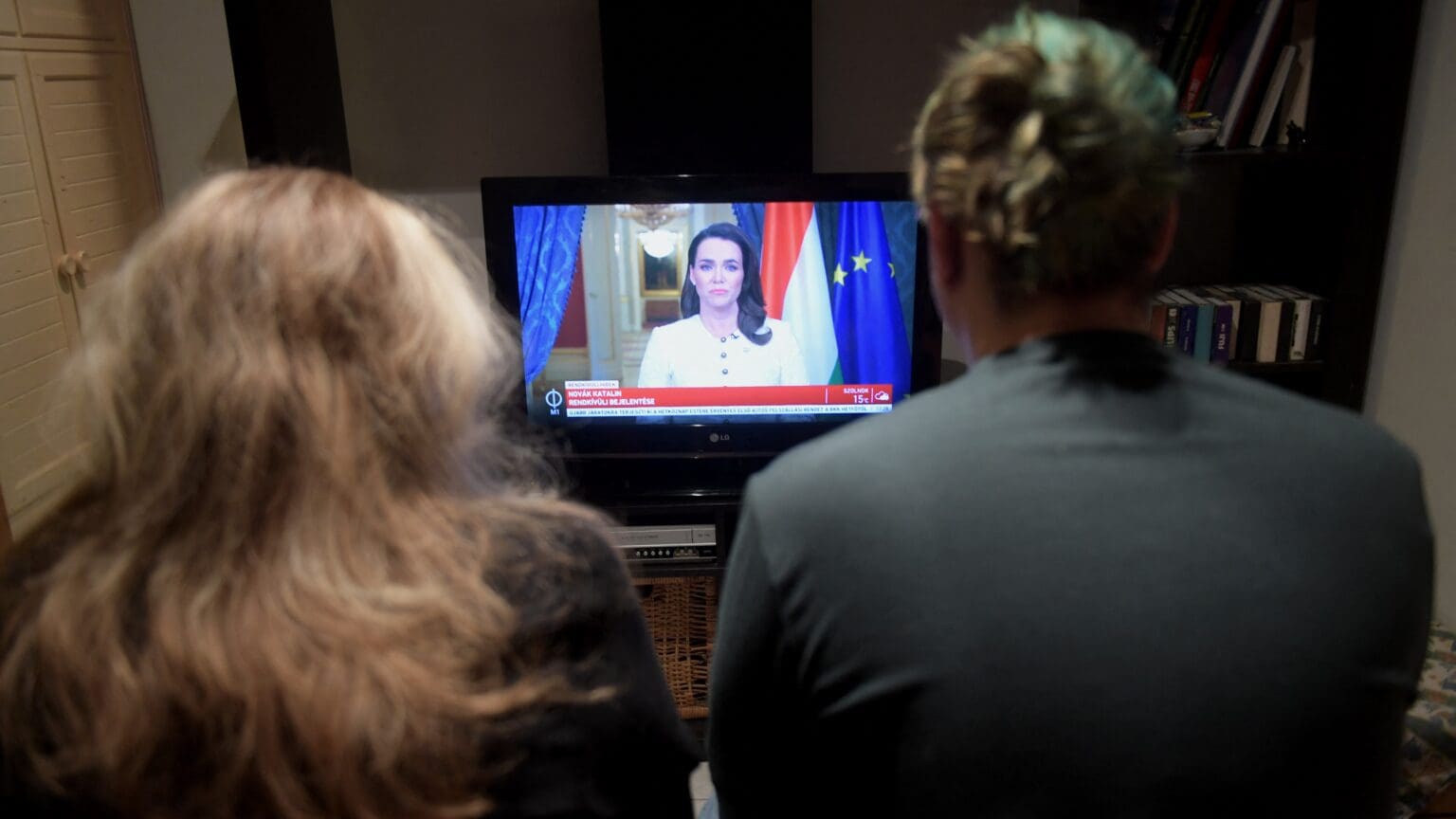
Katalin Novák and Judit Varga have resigned in the wake of the scandal surrounding the presidential pardon. Such accountability would be deemed unthinkable on the left, where politicians continue to evade responsibility.
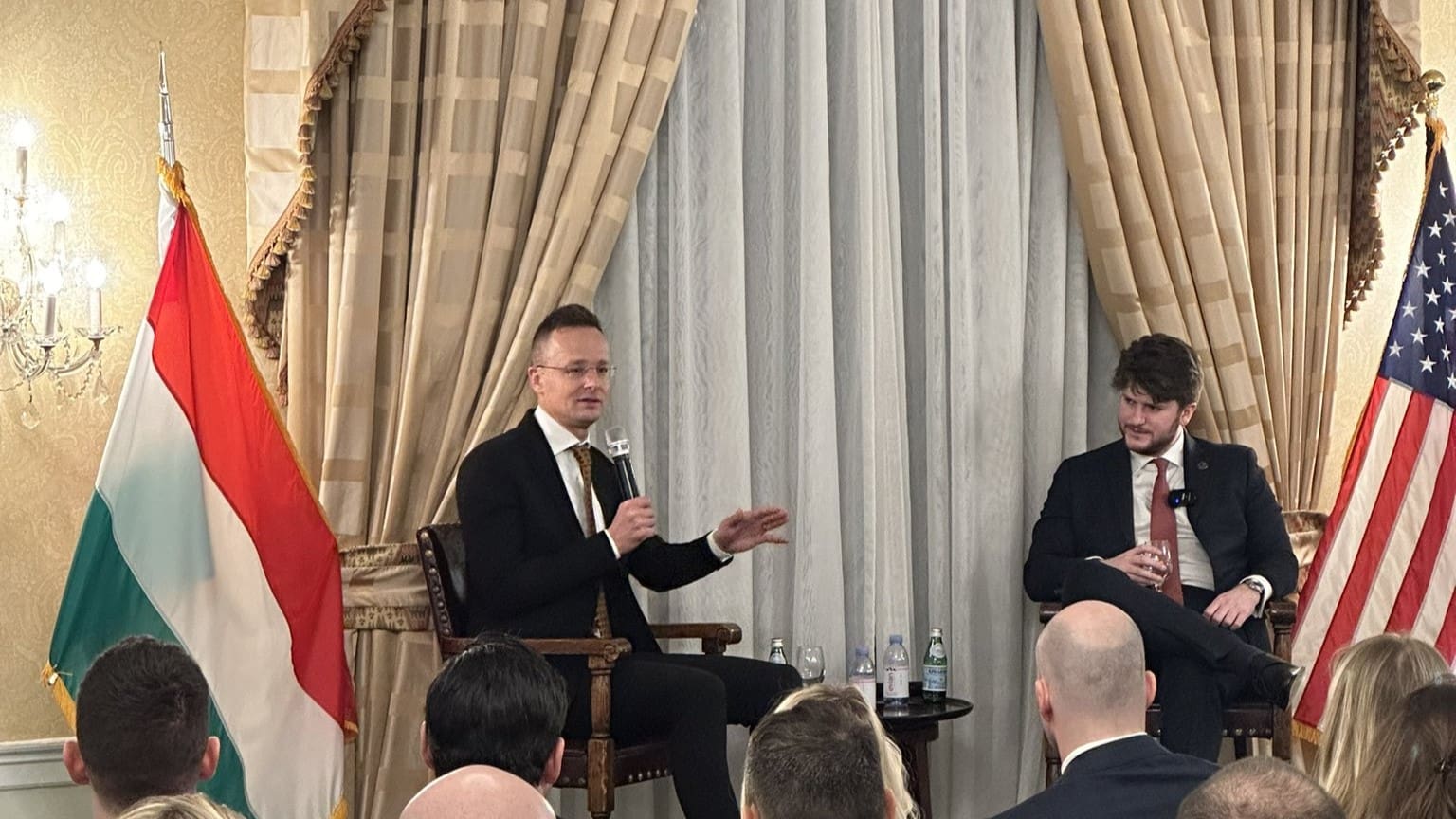
Hungarian Minister of Foreign Affairs and Trade Péter Szijjártó was the guest speaker at the latest event of the International Speaker Series organized by the New York Young Republican Club on 7 February. After addressing the challenges Europe has been facing lately regarding the war, migration, and shrinking competitiveness, the minister answered several questions from the audience.
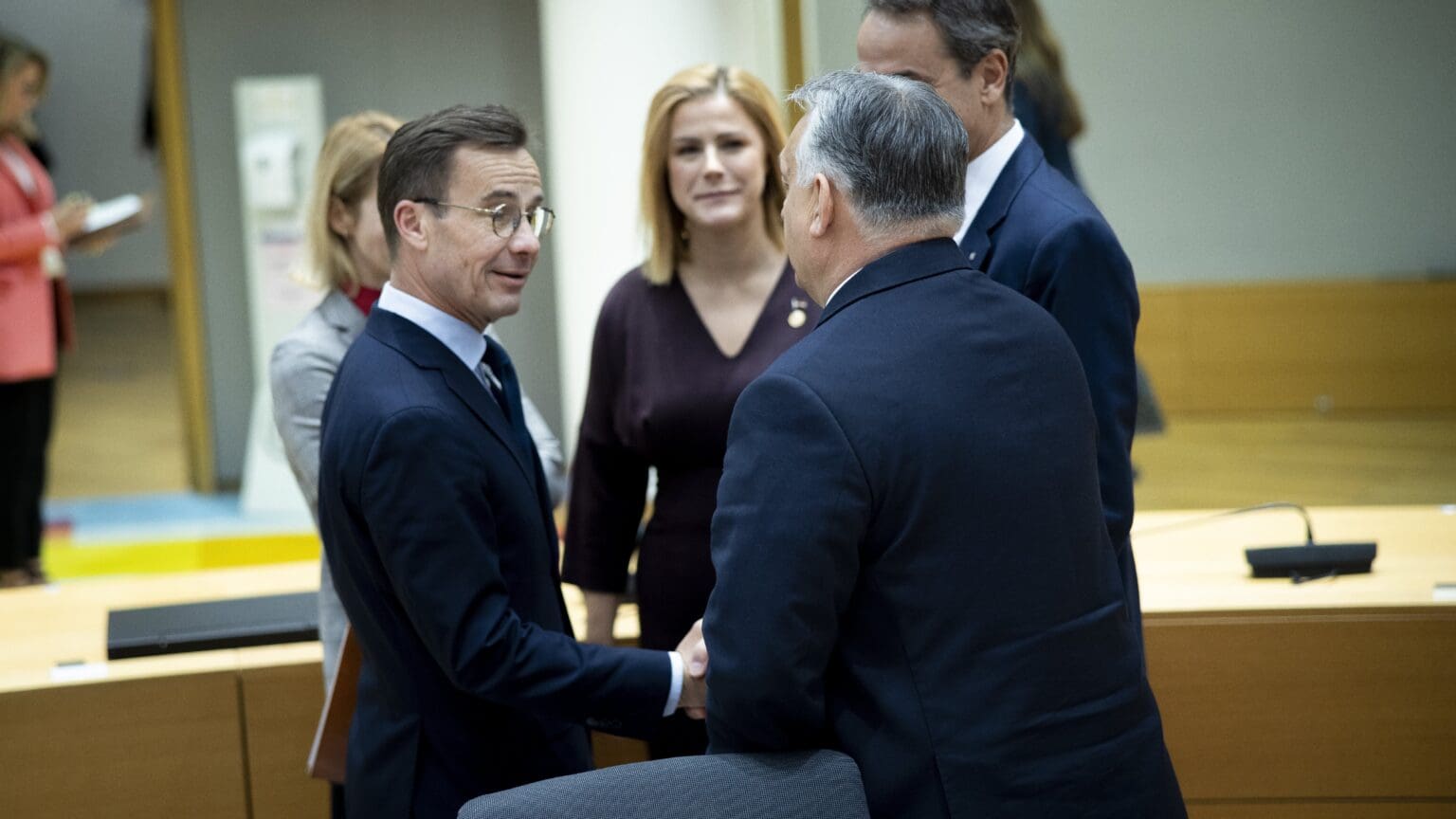
Prime Minister Viktor Orbán has confirmed in several forums and personally to NATO Secretary General Jens Stoltenberg that Hungary supports Sweden’s NATO accession. At the same time, the Hungarian ruling party also made it clear that the Swedish ratification of NATO may take place early in the regular parliamentary session, but this would first require a meeting between the two prime ministers in Budapest.

Left-wing MEPs led by Guy Verhofstadt want to impose sanctions on Tucker Carlson for interviewing Vladimir Putin. The crackdown on the former Fox News anchor is a perfect illustration of the double standards set by Brussels concerning freedom of expression and freedom of the press, which is often applied to Hungary as well.
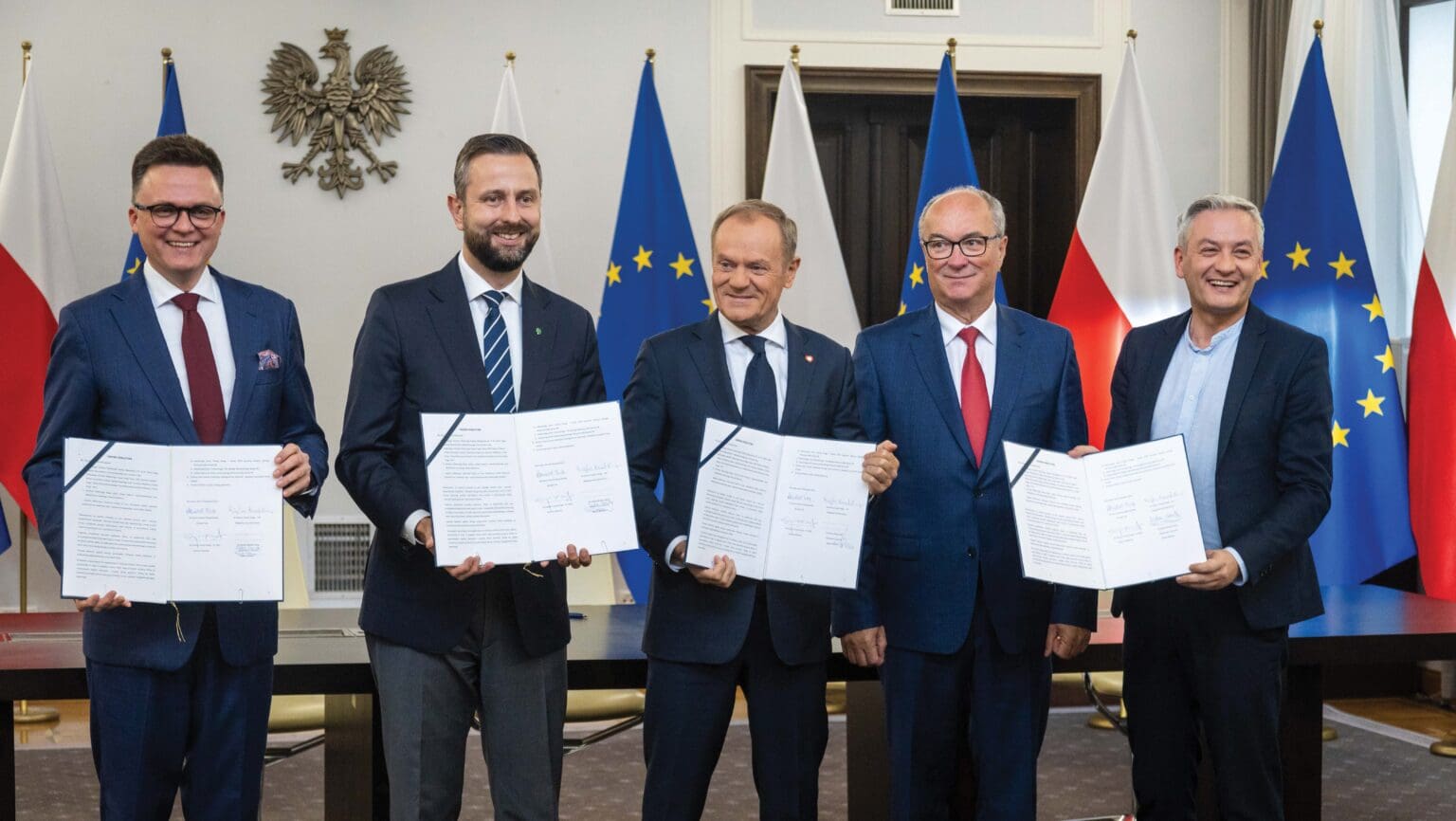
For Hungary, this is an unmitigated disaster. While Robert Fico’s return to power in Slovakia offers some reason for optimism, Hungary’s northern neighbours certainly will not replace the Poles as steadfast, influential allies in Europe.

Brussels recently unveiled its climate target, adjusted in the wake of the farmer protests. However, the ambitious plan is still founded on a flawed approach: the EU is prioritizing mitigation over adaptation, imposing a greater financial burden on member states than what is truly necessary.
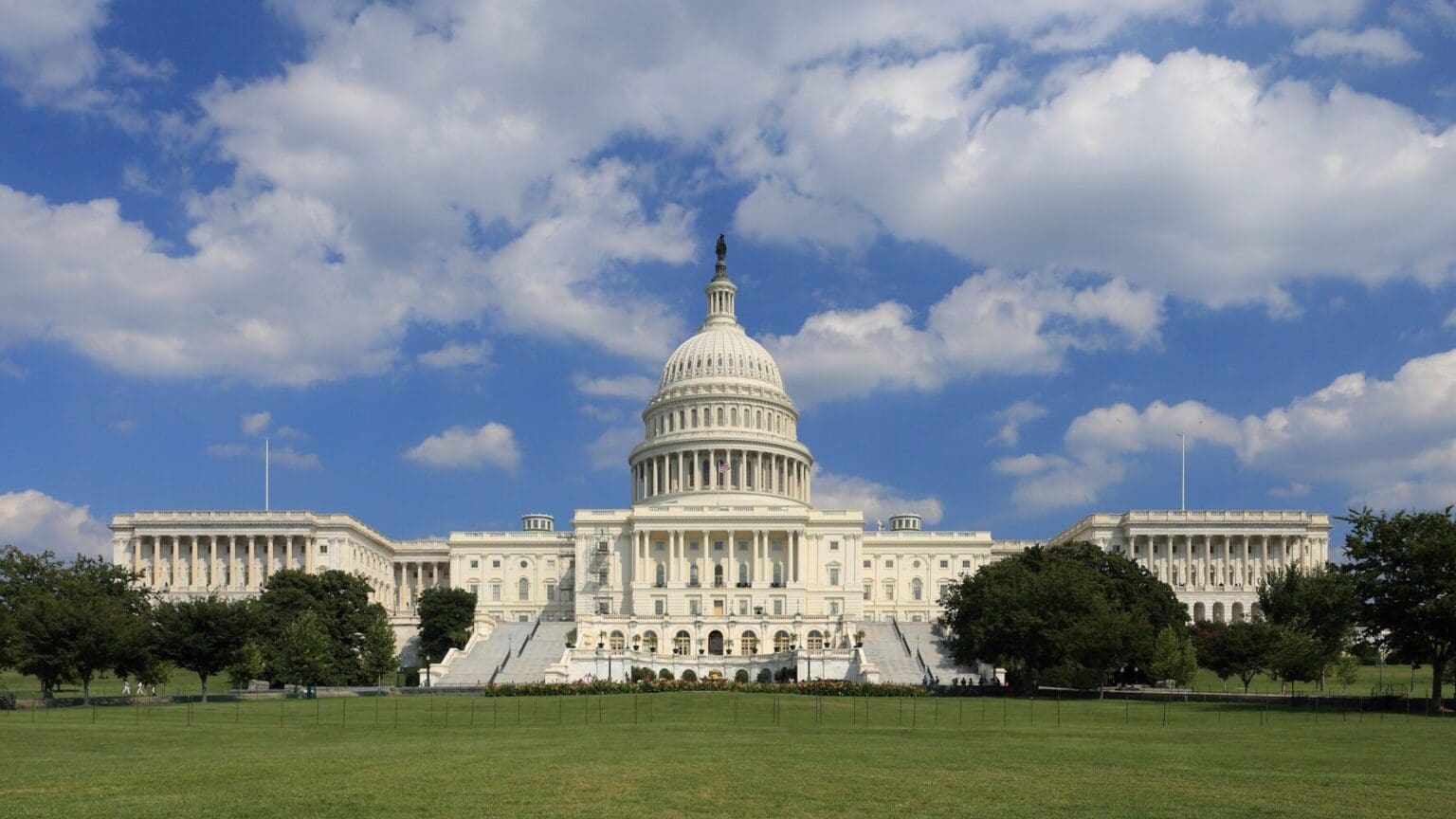
Citing concerns over the delay of the ratification of Sweden’s NATO accession, approving additional aid to Ukraine, and the Sovereignty Protection Act, Senator Ben Cardin of Maryland has proposed the possibility of the United States imposing sanctions on Hungary as a punishment.
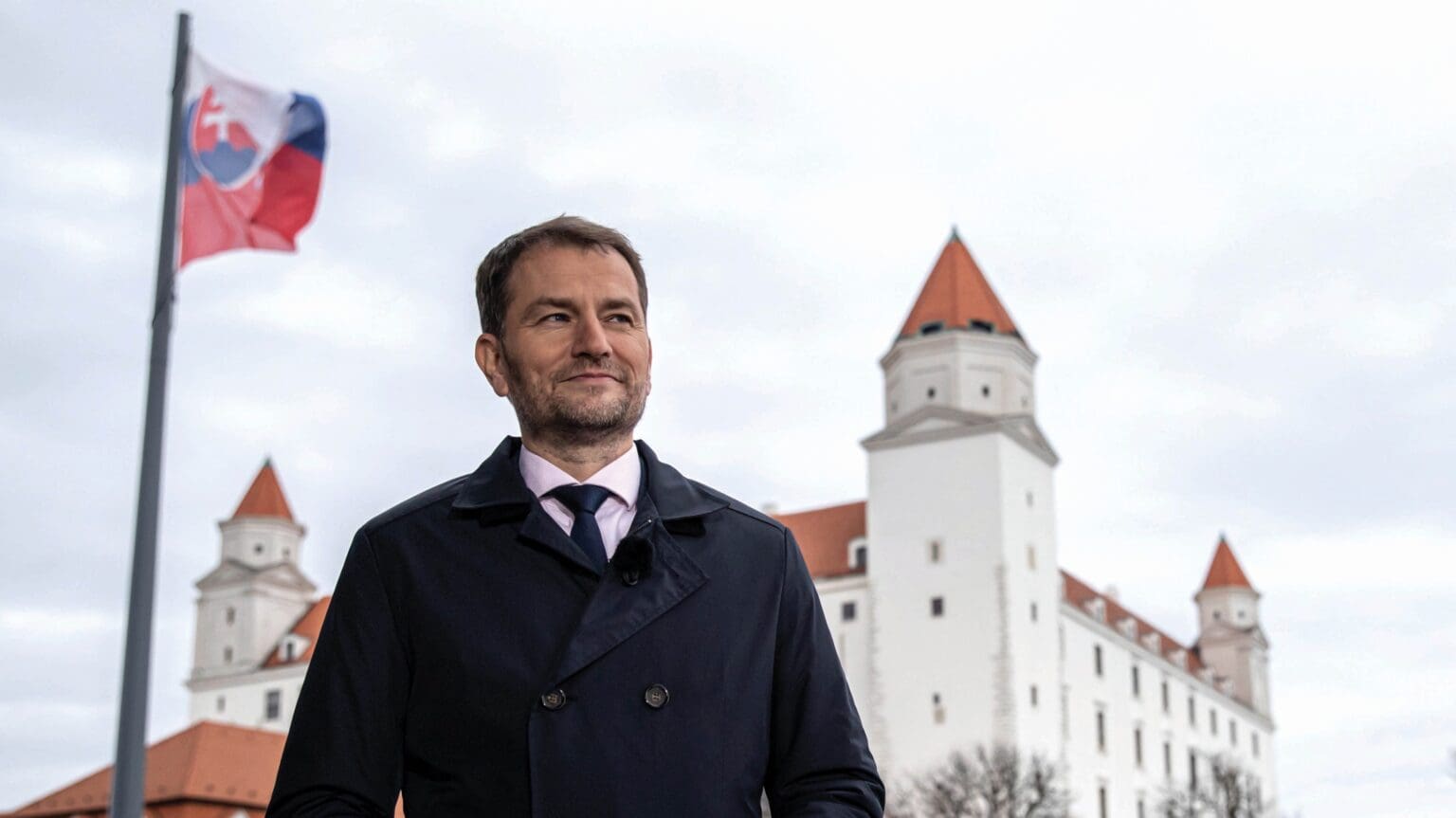
The 2023 elections in Slovakia were looked upon with great anticipation by both the conservative and liberal sides. The stakes were high: whether the Central European country would remain on a progressive road or take a national turn.

Similarly to the EU leadership, the Hungarian left tends to concentrate on issues of little concern for the people, and ignores the concerns of rural communities and farmers.
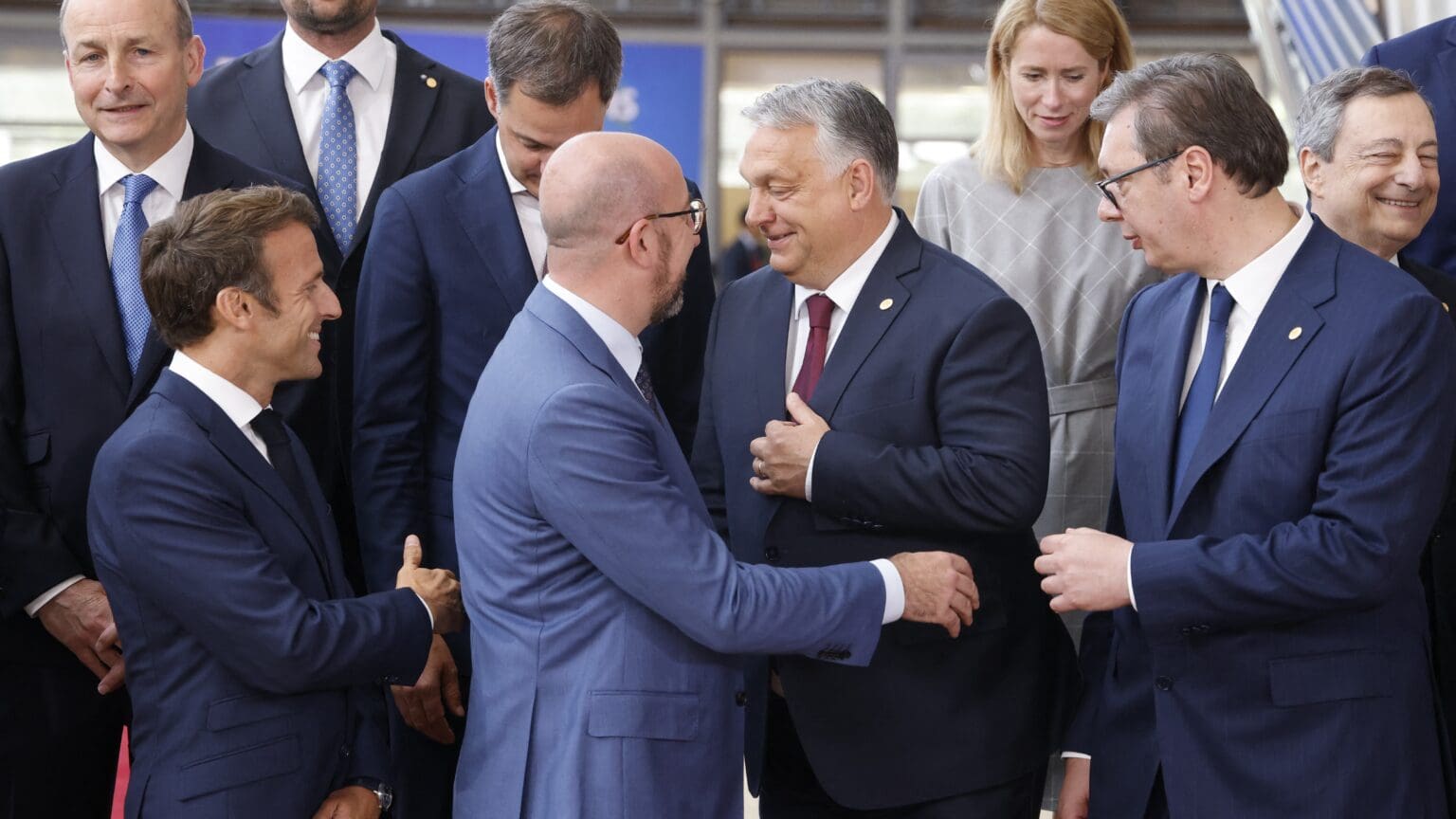
Brussels is allegedly considering economic retaliation against Hungary should Viktor Orbán vetoe further funding for Ukraine, as indicated by a leaked document. However, the conflicting statements surrounding the purported plan suggest only one thing: there is chaos in Brussels, with EU funds having long been viewed as a tool for political blackmail.

Hungary’s voting rights in the EU could be suspended if it does not vote in favour of a proposal to amend the EU’s multiannual budget to give Ukraine €50 billion in aid from the common European budget over the next five years.

Hungarian Conservative is a quarterly magazine on contemporary political, philosophical and cultural issues from a conservative perspective.